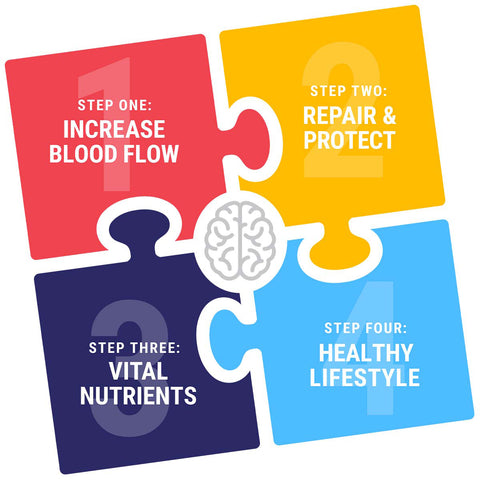
Ready or not, daylight savings time is just around the corner! The disruption to your sleep schedule can create a feeling similar to jet lag. Sleep experts say that time changes in the fall and spring inevitably alter people’s schedules and it can take the body up to an entire week or more to adjust. During this adjustment period, falling asleep earlier and/or waking up later is harder to do. Luckily, we have a few tricks to help you regulate and minimize the impact of drowsiness and sleepiness. Keep reading to uncover these 4 easy to-do tips.
History of Day Light Savings Time
Twice a year, clocks around the world move forward or backward by an hour. But what's the point? There's an age-old myth that Daylight Saving was a practice adopted to give farmers extra time in the sun to work out in the field. But, that's not really why dozens of countries follow it. Daylight Saving Time (DST) is a system to reduce electricity usage by extending daylight hours. For eight months out of the year, the US and dozens of other countries follow DST, and for the remaining four months, revert back to standard time in order to take full advantage of the sunlight. On the second Sunday of March at 2 a.m., clocks move forward one hour. Then, on the first Sunday of November at 2 a.m., the clocks turn back an hour. A good way to remember it? The time shifts match the seasons: Clocks "spring" forward an hour in March and "fall" back in November.
In the summer months, the sun is out for longer periods of time, so you can rely on daylight to avoid switching lights on. The clocks revert back to standard time for the winter months so the sun can rise earlier and the world starts the day off with sunlight — otherwise, some places wouldn't see the sun come up until almost 8:30 a.m.
Sleep is Connected to Cognitive Function
In some cases, the time shift can be dangerous. Noted Neuroscientist Dr. Shawn Watson Ph.D. said “Sleep is the single most important thing someone can do to maintain optimal brain performance. Even one day without quality sleep can dramatically impact your cognitive function.”
How to Regain Your Good Night’s Rest
If you’re someone who’s struggling with sleep, even a one hour change can make an existing problem worse. Here are some practical ways you can establish your bedtime ritual to maximize the quality of your slumber and regain a restorative night of rest.
1. Reduce Caffeine After Lunch
Many of us feel that we can’t function at all without caffeine. However, if you want to sleep your very best, avoid caffeine after 1:00 pm. If you’re an evening coffee drinker, this could have an immediate impact on how you feel. You also may want to avoid any other stimulants, especially sugar in the hours leading up to bedtime.
2. Stick to the Schedule
It might seem obvious, but there can be a noticeable benefit in simply going to bed and waking up at the same time every day. Sticking to a schedule will help your body and circadian rhythm, and you will feel more refreshed!
3. Set the Mood
Take time to make your bedroom a place that is calming, inviting, clean and relaxing. In short, make it a place you actually want to sleep. One way to achieve this is to avoid working in bed. If your bed is a place where you eat or work, it’s harder for your mind to associate it with rest. Make your bed a sleep sanctuary and invest time into creating a soothing environment. One excellent way to achieve this is by purchasing an essential oil diffuser. Diffusing lavender oil into the bedroom before sleep can be a wonderful way to help you feel calm and relaxed.
4. Create a Power-Down Ritual
It’s been long understood that successful people usually have a morning routine. There are certain key rituals that help us charge up and get our mind focused, whether through meditation, exercise or spiritual practices. The same is true for sleep. Spend some time thinking about what sort of bedtime rituals you could incorporate to calm your mind and to prepare your body for rest. Find reading material that will put you at ease, and if possible avoid high-stress conversation in the hours leading up to sleep. You also might consider a cut-off time for TV or computer screens. Generally, you know what kinds of things get you wound up and what helps you relax. Try to put together your own custom night routine for bedtime.








Comments (0)
There are no comments for this article. Be the first one to leave a message!